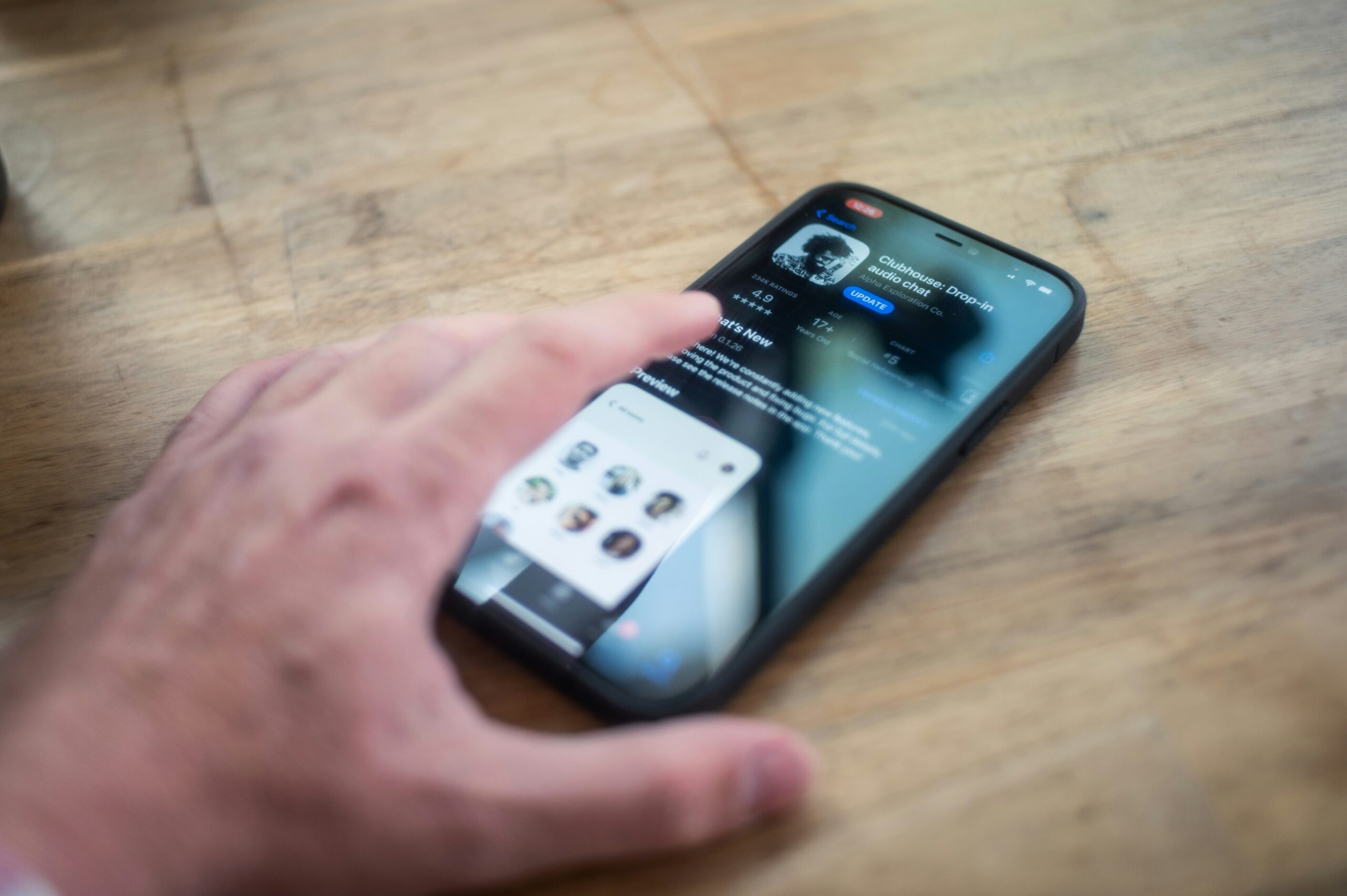This week, the spotlight is on the ongoing debate surrounding the necessity of warning labels on social media platforms. As we delve into the top health stories of the week, we explore the implications, controversies, and potential benefits of implementing such measures in the digital age. Join us on this journey of critical analysis and reflection on the impact of social media on our well-being.
Should Social Media Carry Warning Labels?

Hello, readers! Today we dive into the hotly debated topic of whether social media should come with warning labels, akin to those we see on cigarette packs. U.S. Surgeon General Dr. Vivek H. Murthy recently made headlines by suggesting that Congress should consider implementing such warnings to highlight the mental health risks associated with excessive social media use. Extensive research has shown that children who use social media for more than three hours a day are more likely to exhibit signs of mental health issues.
What it means for you: This discussion highlights the growing awareness among policymakers of the potential negative mental health impacts of social media on young minds. Bills like the bipartisan Kids Online Safety Act aim to introduce stricter measures to protect minors from harmful content. Efforts are also underway, such as New York Governor Kathy Hochul’s new legislation aimed at restricting “addictive feeds” for users under 18.
Different Perspectives on Social Media’s Impact
While some argue that social media is a primary culprit in worsening youth mental health, others suggest a more nuanced view. Critics argue that youth who are already struggling may turn to social media for community and support. Additionally, with myriad factors like the pandemic, climate crises, and societal violence, isolating social media as the root problem can be challenging.
For instance, social media has been a vital platform for young members of the LGBTQ+ community to connect when in-person interactions are limited. This highlights the positive aspects of social media that are often overlooked in the debate over its potential harms.
Extreme Heat and Humidity: A Serious Health Concern
Now, let’s switch gears to another pressing issue: the extreme heat wave sweeping across the United States. With 100 million people under heat advisories, the National Weather Service has dubbed this heat wave “dangerous and long”. Phoenix recently topped the charts as the hottest place in the U.S., hitting a blistering 117 degrees.
What it means for you: Extreme heat combined with high humidity is a serious health risk. Last year broke records as the deadliest year for heat-related deaths in the U.S., with over 2,300 fatalities. Here are some tips to stay safe during extreme heat waves:
- Drink plenty of water and replenish with electrolytes as needed.
- Avoid direct sunlight by staying indoors and seek shade when outside.
- Wear lightweight, loose-fitting clothes to help keep your body cool.
- Spend time in air-conditioned places, such as libraries, or use fans to lower your body’s temperature.
Concerns About Fake Ozempic
Last but not least, the World Health Organization (WHO) has issued warnings about fake versions of Ozempic, a diabetes medication that has gained popularity for its weight-loss effects. Counterfeit versions detected in Brazil, the UK, and the U.S. could contain harmful ingredients like insulin, leading to significant health risks.
What it means for you: As the demand for semaglutide drugs like Ozempic rises, the prevalence of counterfeit versions escalates. Novo Nordisk, the manufacturer of Ozempic, has even sued medical spas selling compounded versions of the drug due to safety concerns. Here’s what you should do:
- Always consult your doctor if you’re considering semaglutide medications.
- Never purchase prescription medication from unlicensed retailers.
Thank you for reading, health enthusiasts! Stay tuned for more updates and make sure you prioritize your well-being in these challenging times.

